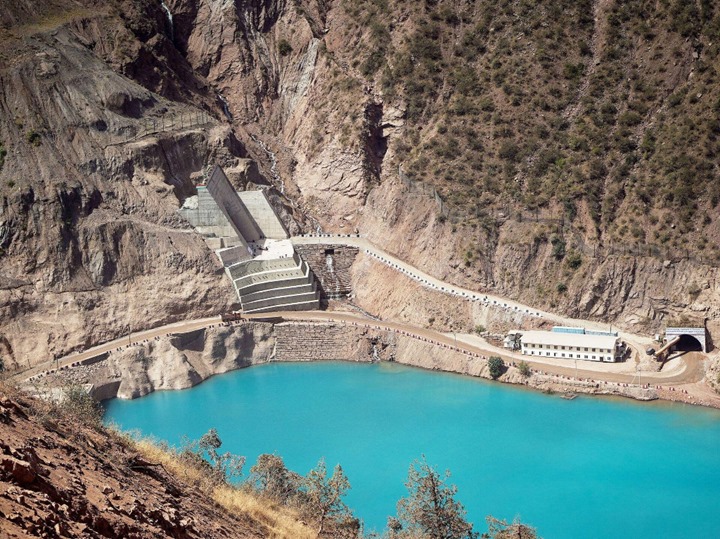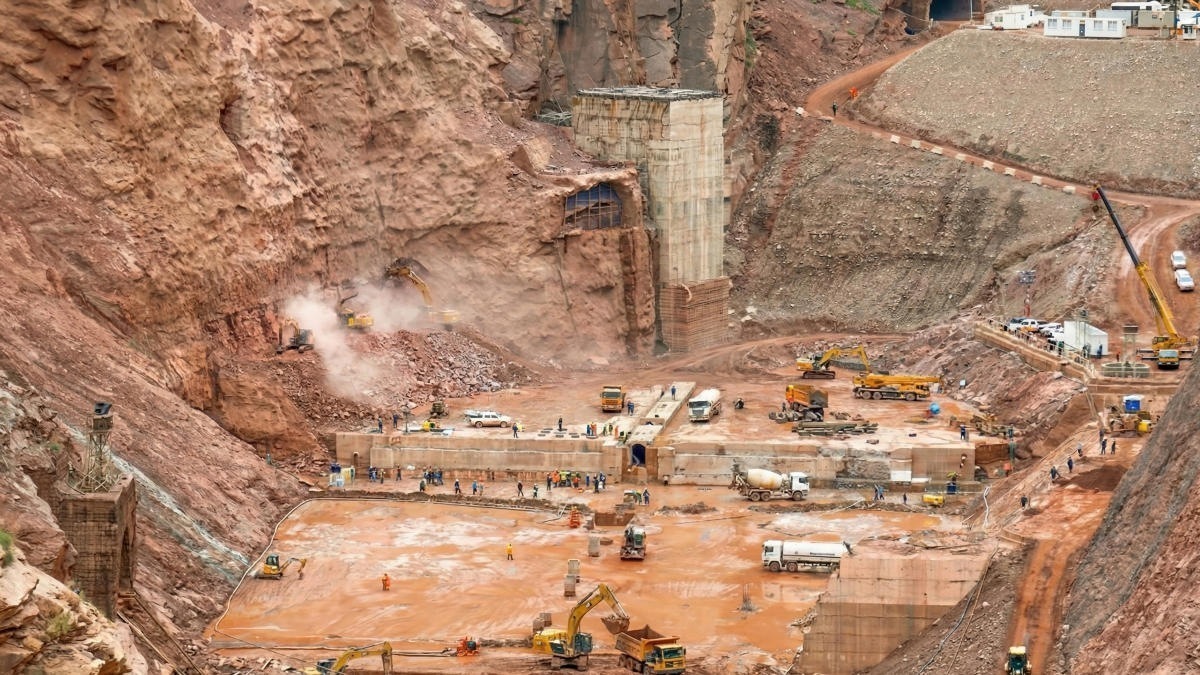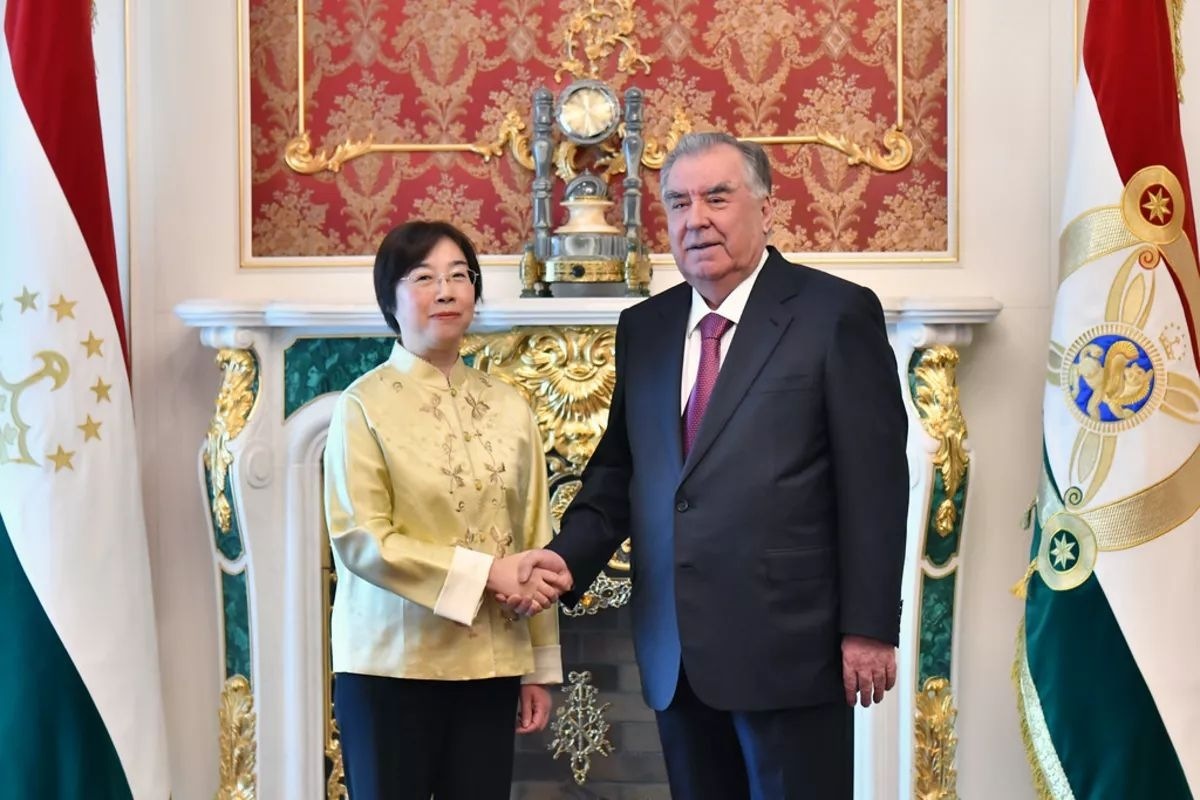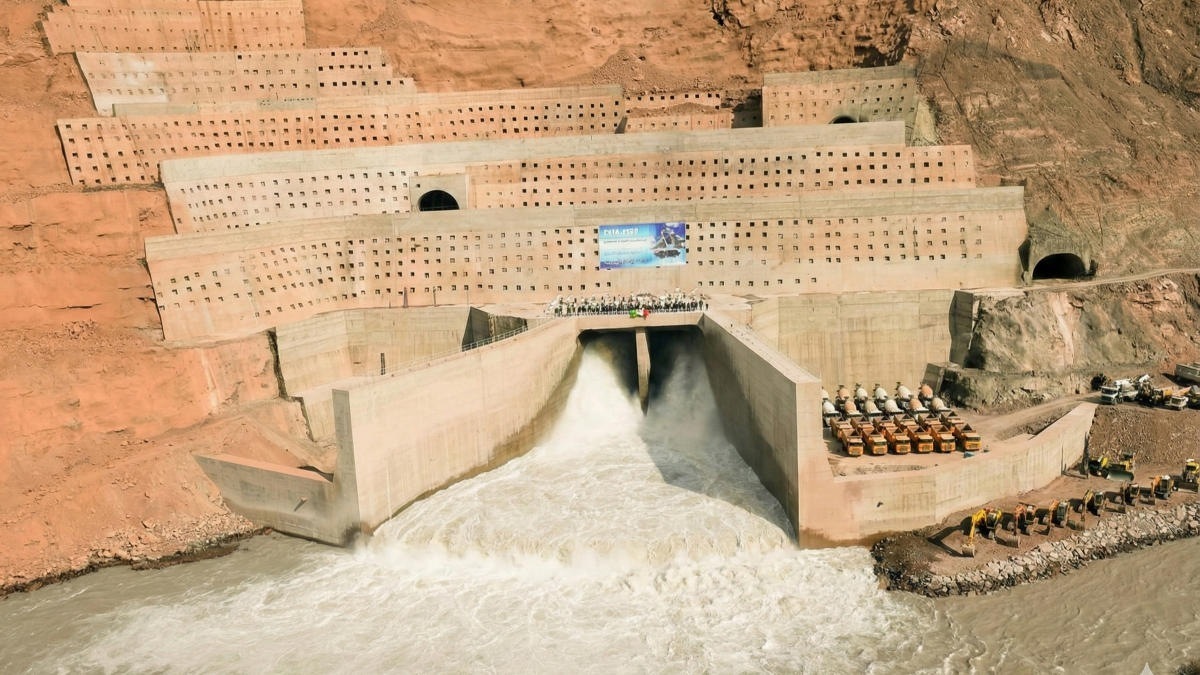A coalition of international environmental groups has raised serious concerns over the Rogun Hydroelectric Power Plant (HPP) project in Tajikistan, citing violations of key social and environmental standards. The project, which is expected to receive multibillion-dollar loans from the World Bank and other international financial institutions, has been criticized for failing to meet essential safeguards.

The coalition, Rivers without Boundaries, published a detailed report titled, Rogun Hydroelectric Power Plant Project: Non-Compliance Report with World Bank Requirements, highlighting the project’s non-compliance with six key World Bank standards. These include environmental assessment, biodiversity conservation, resource efficiency, dam safety, public participation, and the prevention of forced displacement.
The report claims that the World Bank, which has taken on the responsibility of developing the environmental and social safeguards for the project, has failed to enforce its own standards, thus jeopardizing not only the project’s environmental integrity but also the rights and livelihoods of local communities. Given that several other financial institutions—such as the Asian Infrastructure Investment Bank, Asian Development Bank, and European Investment Bank—are involved in the project, their adoption of the World Bank’s standards means that these violations extend to their policies as well.
A recent report indicates that the project has failed to adhere to several Environmental and Social Standards (ESS), specifically ESS1, ESS3, ESS4, ESS5, ESS6, and ESS10. Critics argue that the Environmental and Social Management Plan (ESMP) lacks adequate mitigation measures for potential water shortages downstream on the Vakhsh River.
The project’s Environmental Impact Assessment (EIA) has been criticized for inconsistencies, with annual electricity production figures ranging from 14bn to 17bn kWh and reservoir area estimates varying between 110 km² and 170 km². Additionally, the completion date has been projected between 2029 and 2036. Such discrepancies raise concerns about the project’s viability and adherence to required standards.
“We are convinced that the current version of the Rogun HPP project does not meet the World Bank’s social and environmental principles and should not be financed in its current form,” said Eugene Simonov, coordinator of Rivers without Boundaries. Simonov emphasized that the project poses risks, including potential environmental degradation and social harm.
As part of an international effort called the Rogun Alert initiative, the report has already been submitted to the financial institutions involved, with 124 organizations from around the world signing an open letter addressed to the World Bank. The letter calls for a reassessment of the risks associated with financing large dams, including the Rogun HPP.
Furthermore, the project is accused of violating operational policies concerning international waterways by failing to adequately assess its transboundary impacts on downstream countries like Afghanistan and Uzbekistan. The cumulative impact analysis remains incomplete despite recent attempts to address shortcomings.
In response to growing criticism, the World Bank has scheduled an urgent public consultation on October 28 in Tashkent, Uzbekistan, to discuss the environmental and social impacts of the Rogun HPP on the surrounding regions. The consultation, which will also be streamed online, is expected to provide a platform for civil society groups to voice their concerns.
The Rogun HPP is a major hydroelectric project that has been at the center of Tajikistan’s development ambitions, aiming to become the tallest dam in the world. However, environmental groups warn that without adherence to international standards, the project could cause irreversible damage to ecosystems and displace communities living along the river basin.
Rivers without Boundaries is a global network of NGOs and experts focused on protecting transboundary rivers and promoting sustainable river basin management practices. Since its formation in 2009, the coalition has expanded its operations across Central Asia and Mongolia, advocating for the conservation of rivers threatened by large infrastructure projects like Rogun HPP.






Leave a Reply